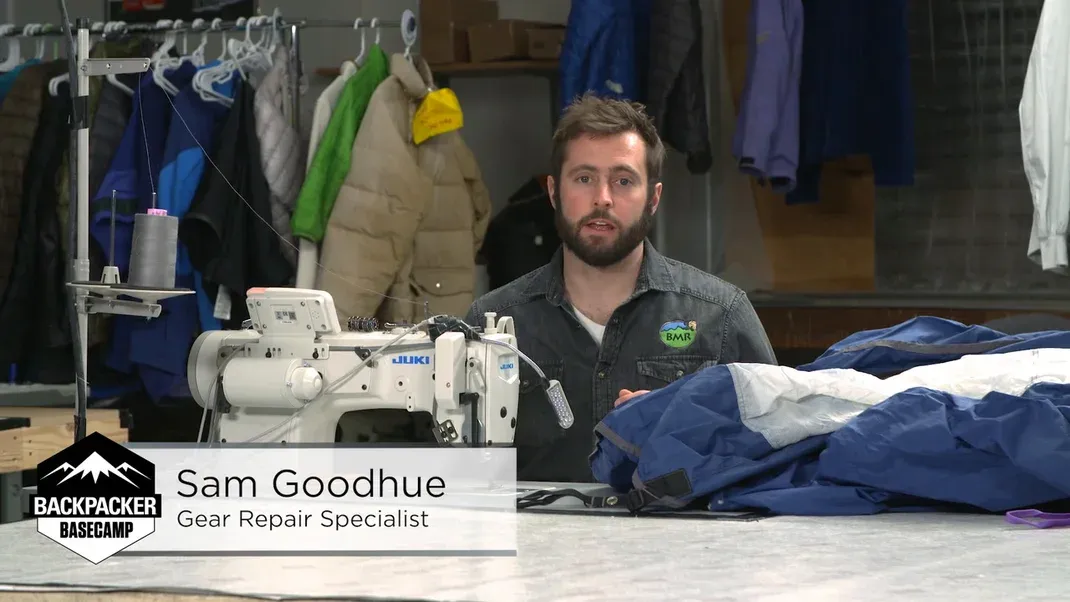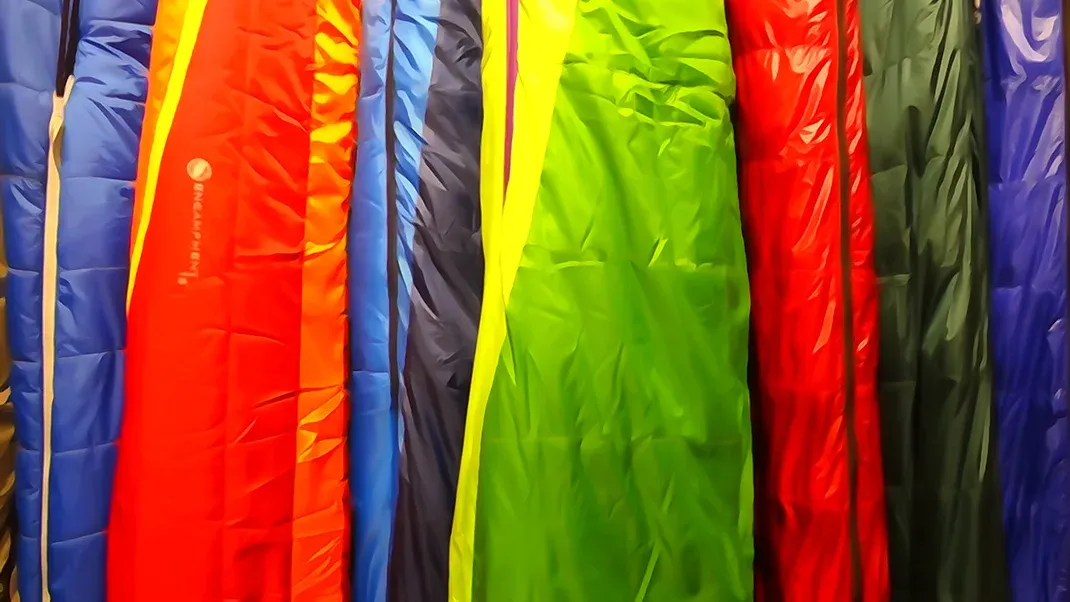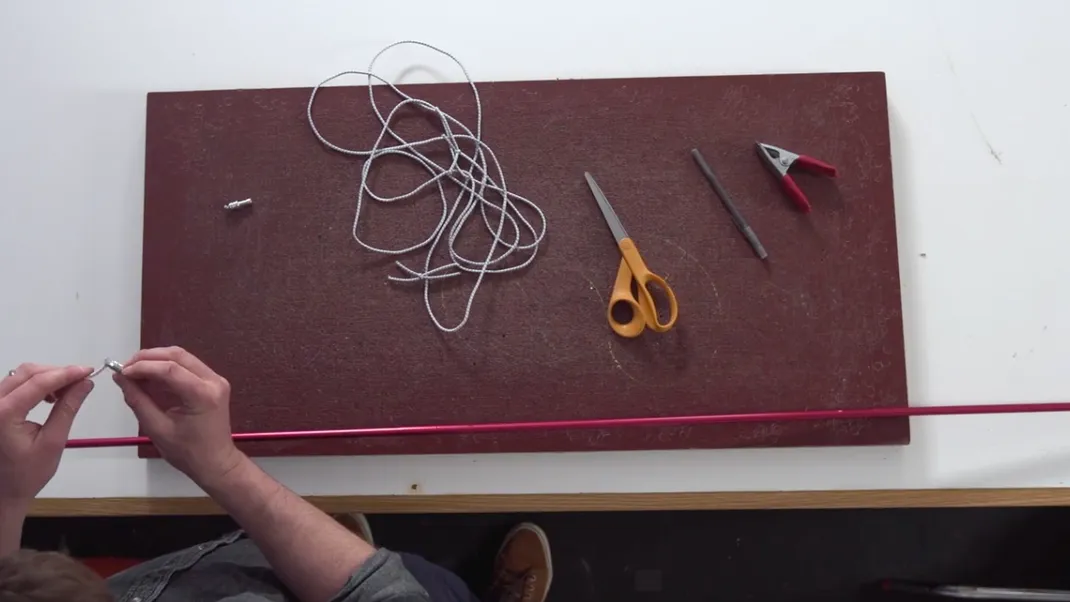How to Care for Your Backpacking Gear
To care for your backpacking gear, it's important to regularly clean and maintain your equipment. After each trip, clean your backpack, tent, and sleeping bag according to the manufacturer's instructions. Keep zippers and buckles lubricated to prevent them from getting stuck or breaking. Repair any tears, holes, or loose stitching to avoid further damage. Store your gear in a cool, dry place to prevent mold and mildew. Additionally, regularly check and replace worn-out or damaged equipment, such as trekking poles and water filters, to ensure they function properly on your next adventure. Taking these steps will help extend the life of your gear and keep you safe and comfortable on the trail.

Backpacking is an exhilarating outdoor activity that allows you to explore the great outdoors and connect with nature. However, in order to fully enjoy your backpacking adventures, it's important to take care of your gear. Proper care and maintenance of your backpacking gear will not only prolong its lifespan but also ensure that it performs well when you need it the most. Whether you are a seasoned backpacker or new to the activity, here are some tips on how to care for your backpacking gear.
First and foremost, it's essential to clean and dry your gear after every trip. Dirt, sweat, and moisture can accumulate on your gear during your backpacking adventures, which can lead to wear and tear if not properly cleaned. Start by emptying out your backpack and shaking off any loose dirt or debris. For backpacks, tents, and sleeping bags, use a mild soap and water solution to gently clean the fabric. Be sure to follow the manufacturer's instructions for cleaning and avoid using harsh chemicals that can damage the fabric. After cleaning, allow your gear to air dry completely before storing it away.
When it comes to caring for your backpack, it's important to pay attention to the zippers, buckles, and straps. These components are essential for securing your gear and ensuring a comfortable fit, so it's important to keep them in good working condition. After each trip, inspect the zippers for any signs of damage or dirt buildup, and use a zipper lubricant to keep them moving smoothly. Similarly, check the buckles and straps for any signs of wear and tear, and replace them if necessary. Taking care of these small but important details will ensure that your backpack remains functional and reliable for many more adventures to come.
Another important aspect of caring for your backpacking gear is properly storing it when not in use. Proper storage helps to prevent damage from moisture, sunlight, and pests, and ensures that your gear is ready to go when you need it. When storing your gear, make sure to clean and dry it thoroughly before packing it away. Store your gear in a cool, dry place away from direct sunlight and moisture, and consider using breathable storage bags or containers to protect it from dust and pests. Additionally, it's a good idea to periodically inspect your gear while in storage to check for any signs of damage or wear.
Tents are another important piece of backpacking gear that requires proper care and maintenance. After each trip, it's important to thoroughly clean and dry your tent to prevent mold and mildew from forming. Start by shaking off any dirt and debris, and then set up your tent in a well-ventilated area to air it out. Use a mild soap and water solution to clean the fabric, and be sure to rinse it thoroughly to remove any soap residue. Once clean, allow your tent to air dry completely before packing it away. When storing your tent, make sure to roll or fold it properly to prevent creases and stress on the fabric, and store it in a cool, dry place away from direct sunlight.
Sleeping bags are also an important piece of backpacking gear that requires proper care and maintenance. After each trip, it's important to air out your sleeping bag to prevent moisture and odor buildup. Hang your sleeping bag in a well-ventilated area to allow it to air out, and consider using a sleeping bag liner to protect it from dirt and sweat. If your sleeping bag gets dirty, use a mild soap and water solution to spot clean it, and be sure to rinse it thoroughly to remove any soap residue. When storing your sleeping bag, avoid compressing it for long periods of time as this can damage the insulation. Instead, store your sleeping bag in a large storage sack or hang it in a cool, dry place to maintain its loft and insulation.
In addition to cleaning and storing your gear, it's important to regularly inspect it for any signs of damage or wear. Check for any tears, holes, or loose seams, and repair them as soon as possible to prevent further damage. For backpacks, tents, and sleeping bags, consider using a seam sealer to reinforce the seams and prevent leaks. Additionally, it's a good idea to periodically check the waterproofing on your gear and reapply a waterproofing treatment if necessary. By staying proactive and addressing any issues early on, you can prevent minor problems from turning into major headaches down the road.
In conclusion, caring for your backpacking gear is essential for ensuring that it remains reliable and functional for years to come. By cleaning and drying your gear after each trip, properly storing it when not in use, and regularly inspecting it for any signs of damage or wear, you can prolong the lifespan of your gear and ensure that it performs well when you need it the most. While it may take some extra time and effort, the peace of mind that comes with knowing your gear is in good shape is well worth it. So, take the time to care for your backpacking gear, and you'll be rewarded with many more memorable adventures in the great outdoors.




